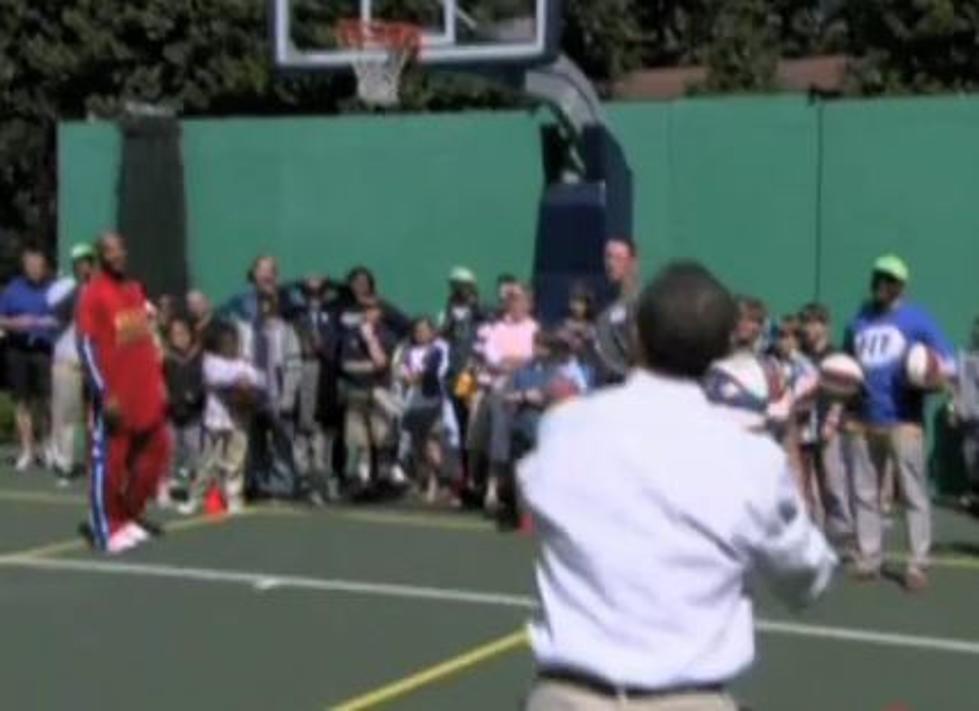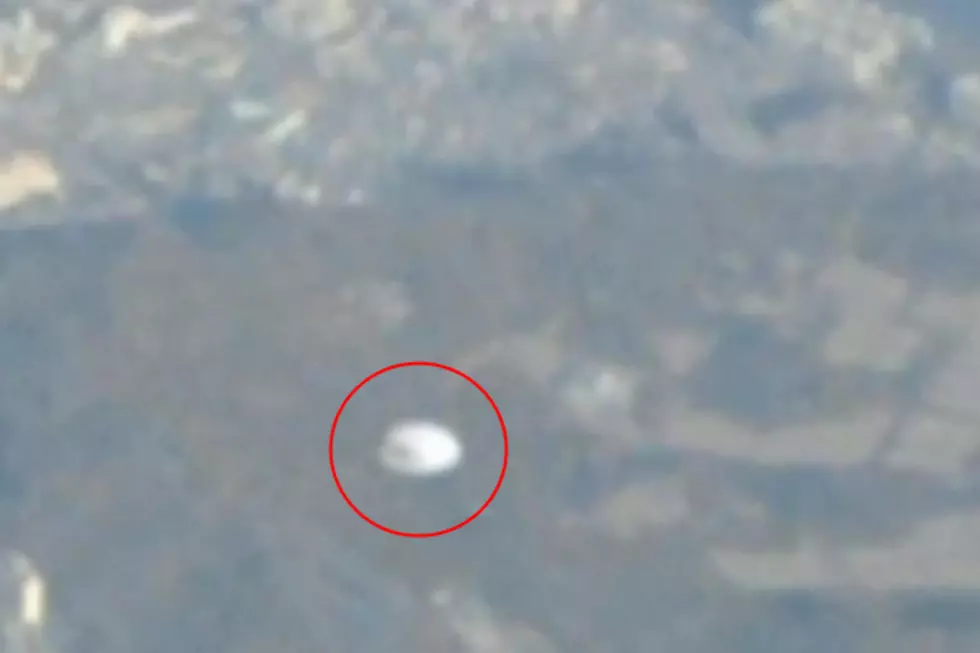
Pinesdale Has Whooping Cough Outbreak
The Pines Academy elementary school in Pinesdale has closed for the week of April 9th, due to an outbreak of whooping cough in the Pinesdale area, northwest of Hamilton.
The Ravalli County Health Department has reported at least five people have tested positive for pertussis, and more cases are expected to be confirmed. Ravalli County Public Health Nurse Judy Griffin said the best way to prevent whooping cough is to get immunized with the Tdap vaccine, which protects against pertussis, tetanus and diphtheria.
The Health Department website also has this primer on Whooping Cough.
What is pertussis?
Pertussis, also called “whooping cough”, is a highly contagious respiratory illness caused by the bacteria Bordetella pertussis. The infection can cause a prolonged cough. About 10 to 50 cases are reported each year in Montana.
How is pertussis spread?
Pertussis is spread mainly when infected people cough or sneeze, expelling droplets that contain the bacteria. Infants are often infected by older siblings or adults with mild or unrecognized disease.
Who gets pertussis?
Pertussis can occur at any age. Severe illness is more common in young children who have not been immunized. Older children, adolescents or adults who have been immunized often have milder symptoms. It is important to consider a diagnosis of pertussis in older children, adolescents, and adults with persistent coughs so they do not pass the infection to infants and young children.
What are the symptoms of pertussis?
Pertussis begins as a mild upper respiratory infection. Initially, symptoms resemble those of a common cold, including sneezing, runny nose, low-grade fever and a mild cough. After one to two weeks, the cough becomes more severe and is characterized by episodes of many rapid coughs. In young children, these coughing episodes are often followed by a “whooping” sound as they try to catch their breath. After coughing a person may vomit, have difficulty catching their breath, or become blue in the face. These episodes may recur for one to two months, and are more frequent at night.
Young children who have not been immunized have the most severe symptoms. Infants less than six months of age, adolescents and adults often do not have the characteristic whoop. Therefore, a person with a cough that lasts more than a week without improvement should see a health care provider to ensure the cough is not due to pertussis.
Young infants are at highest risk for complications. Complications include pneumonia, ear infection, loss of appetite, brain disorders, and death. Adolescents and adults may also experience complications such as pneumonia, trouble sleeping, urine leakage, and broken ribs.
How soon after infection do symptoms appear?
Symptoms usually begin seven to ten days after exposure but can appear in as few as
five or as many as 21 days.
Is pertussis dangerous?
It can be, especially for babies. Pertussis can cause failure to breathe (apnea),
pneumonia, and swelling of the brain (encephalopathy), which can lead to seizures and
brain damage. Death from pertussis is rare, but more common with babies. Pertussis
causes about 10 to 20 deaths each year in the United States.
How is pertussis diagnosed?
Pertussis is diagnosed by taking a swab from deep inside the nose. The swab is then
sent for laboratory testing.
How is pertussis treated?
Antibiotics are used to treat pertussis. After five days of treatment, a person is no
longer contagious even if he or she is still coughing.
What can be done to prevent pertussis?
The best way to prevent pertussis is to get vaccinated. A vaccine is available for both
children and adults. It is important to maintain a high level of immunization in a
community in order to prevent outbreaks. For details on the pertussis vaccines contact
you local health provider or the Ravalli County Public Heath Department.
People who are at high risk for severe disease or have close contact with those at high
risk for severe disease are usually given antibiotics if they were in close contact with a
pertussis case.
People who have or may have pertussis should stay away from young children and
infants until properly treated.
For more information, contact:
Ravalli County Public Health Department
(406) 375-6670
More From Newstalk KGVO 1290 AM & 98.3 FM





![Rick Santorum Ends His Bid for the GOP Presidential Nomination [VIDEO]](http://townsquare.media/site/119/files/2012/04/rick-santorum-2.jpg?w=980&q=75)



